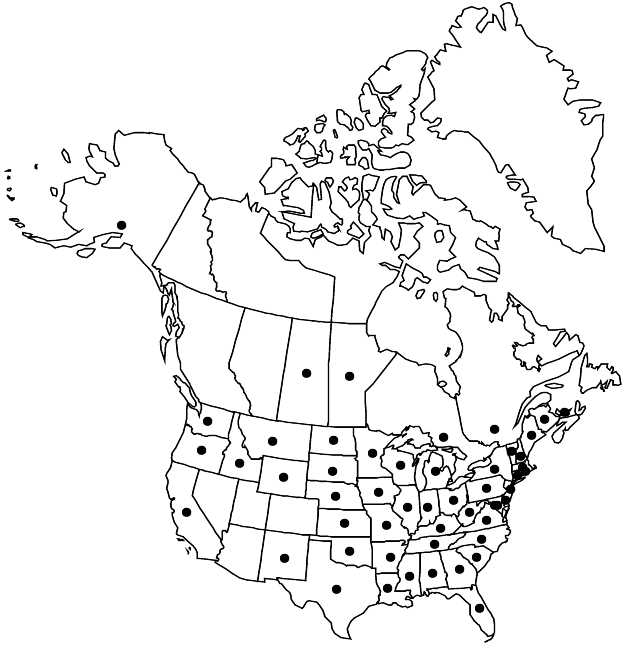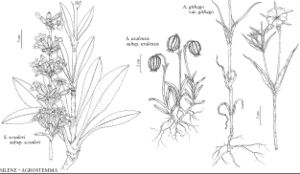Difference between revisions of "Agrostemma githago var. githago"
FNA>Volume Importer |
FNA>Volume Importer |
||
| Line 1: | Line 1: | ||
{{Treatment/ID | {{Treatment/ID | ||
|accepted_name=Agrostemma githago var. githago | |accepted_name=Agrostemma githago var. githago | ||
| − | |accepted_authority= | + | |accepted_authority= |
|publications= | |publications= | ||
|basionyms= | |basionyms= | ||
| Line 28: | Line 28: | ||
-->{{#Taxon: | -->{{#Taxon: | ||
name=Agrostemma githago var. githago | name=Agrostemma githago var. githago | ||
| − | + | |authority= | |
| − | |authority= | ||
|rank=variety | |rank=variety | ||
|parent rank=species | |parent rank=species | ||
| Line 44: | Line 43: | ||
|publication year= | |publication year= | ||
|special status= | |special status= | ||
| − | |source xml=https://jpend@bitbucket.org/aafc-mbb/fna-data-curation.git/src/ | + | |source xml=https://jpend@bitbucket.org/aafc-mbb/fna-data-curation.git/src/f50eec43f223ca0e34566be0b046453a0960e173/coarse_grained_fna_xml/V5/V5_441.xml |
|subfamily=Caryophyllaceae subfam. Caryophylloideae | |subfamily=Caryophyllaceae subfam. Caryophylloideae | ||
|genus=Agrostemma | |genus=Agrostemma | ||
Revision as of 21:54, 16 December 2019
Plants 30–100 cm, spreading-pilose, villous. Leaf blades 4–15 cm. Inflorescences of solitary, axillary flowers. Pedicels 5–20 cm. Flowers: calyx 2.5–6.2 cm; tube 1.2–1.7 cm, spreading-pilose; lobes linear to linear-lanceolate, 1.2–4.5 cm; petals purplish red to pink (rarely white), unspotted, 1.5–4 cm, equaling or shorter than calyx lobes. Capsules 16–24 mm. Seeds 3–4 mm wide. 2n = 48 (Europe).
Phenology: Flowering spring–summer.
Habitat: Fields, roadsides, waste places
Elevation: 0-1800 m
Distribution

Man., N.B., Ont., P.E.I., Que., Sask., Ala., Alaska, Ark., Calif., Conn., Del., D.C., Fla., Ga., Idaho, Ill., Ind., Iowa, Kans., Ky., La., Maine, Md., Mass., Mich., Minn., Miss., Mo., Mont., Nebr., N.H., N.J., N.Mex., N.Y., N.C., N.Dak., Ohio, Okla., Oreg., Pa., R.I., S.C., S.Dak., Tenn., Tex., Vt., Va., Wash., W.Va., Wis., Wyo., Eurasia, widely introduced worldwide.
Discussion
Historical collections are known from British Columbia (1915) and Newfoundland (1890).
Selected References
None.
